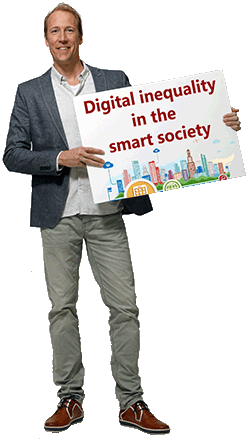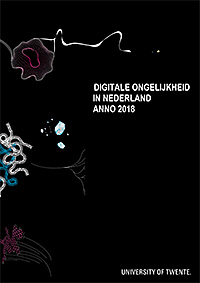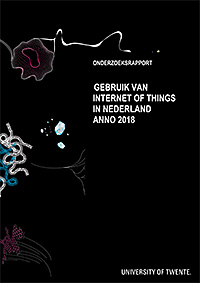Citation:
Van Deursen, A.J.A.M. & Andrade, L.S. (2018). First- and second-level digital divides in Cuba: Differences in Internet motivation, access, skills and usage. First Monday, 23(8): e2.
Abstract:
The digital divide has been an important academic distress over the last twenty years. While the first generation of studies of the digital divide focused only on physical and material Internet access, recent research has considered the importance of skills and usage gaps. This study seeks to bring to light meaningful insights of the first and second level of digital divide in the special case of Cuba, characterized by a very restricted media environment. Online and offline surveys were conducted over a period of four weeks in June 2016. The target group of this study was people with at least six months of Internet experience both from inside and outside the capital. The study among 106 respondents show that socio-demographic characteristics traditionally associated with the digital divide stand throughout each of the four stages of Internet appropriation. The process of Internet use seems to replicate existing social inequalities, as digitally mediated networks replicate offline structures and because offline human capital carries over to the online world. In a – although socialist - country where inequality is very present, the upcoming of the Internet might benefit especially those who are already in privileged positions.
Read article






